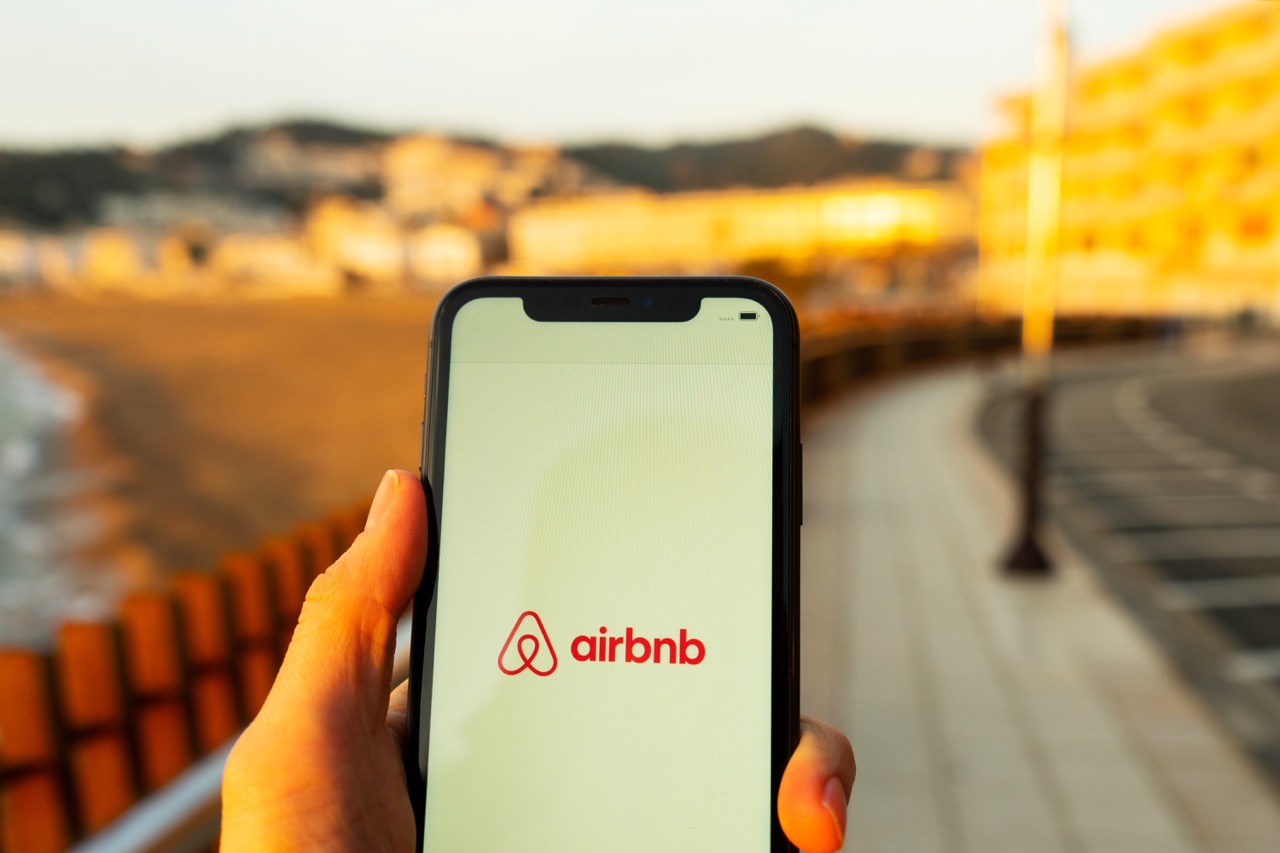If you’re considering investing in the short-term rental market, chances are you’ve heard of both Airbnb and VRBO. Both companies offer a platform that allows homeowners to list their properties and rent them out to guests. But how do they compare? Let’s dive into the comparisons of Airbnb and VRBO so you can decide which is the best choice for your investment.
What is Airbnb?
Airbnb is a tech company that offers an online marketplace for short-term rentals. Homeowners are able to list their properties on the platform, and potential guests can browse listings to find accommodations for their upcoming trips. Guests can also book experiences with local hosts in over 190 countries around the world.

What is VRBO?
VRBO stands for Vacation Rental By Owner, and it’s essentially a sister company of Airbnb. It was acquired by Expedia Group in 2015, but it still operates independently from Airbnb. Like Airbnb, homeowners use the platform to list their properties, allowing potential guests to browse listings and book accommodations for their trips. However, unlike Airbnb, VRBO does not offer experiences with local hosts—just traditional vacation rentals like apartments or houses.

Differences Between Airbnb vs VRBO
The biggest difference between Airbnb vs VRBO is that while both offer short-term rental services, they cater to two different types of travelers: budget-conscious travelers who want basic amenities (Airbnb) and more affluent travelers who want luxury homes (VRBO). Additionally, while both platforms charge fees for booking transactions, only Airbnb charges service fees on top of those fees—which could end up being an additional cost for guests if they choose to book through this platform instead of VRBO. Finally, another key difference between these two companies is that while both operate globally, only Airbnb offers experiences with local hosts—a unique offering that some travelers may find appealing when deciding where to stay during their vacations.
When deciding between Airbnb vs VRBO for your investment property rental needs, consider your target audience as well as what kind of amenities or experiences you will be able to provide them with on each platform. While both companies offer similar services when it comes to renting out vacation properties or homes, there are some important differences that could make one a better choice than the other depending on your individual needs as an investor and host. Ultimately though, whichever platform you choose you should be sure to check out our blog post all about setting up a successful vacation rental business! With some helpful tips from experienced investors like yourself this process should become much easier and more straightforward no matter what type of rental property you decide on! Good luck!



